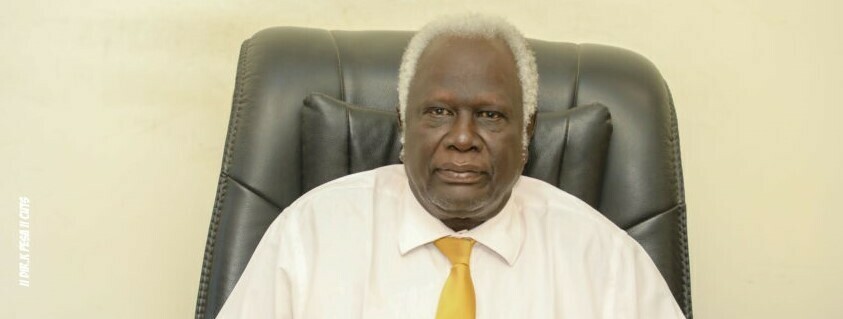The chairperson of the South Sudan National Election Commission (NEC), Abednego Akok Kachuol, has called for the release of funds to prepare for the upcoming general election.
Speaking to Radio Tamazuj on Tuesday, Akok said the commission had already submitted the official election plan—also referred to as the election timeline—which President Salva Kiir has approved.
“I met the president, and we discussed the future of the nation related to the extension period from September last year to September 2027,” Akok said.
He added that the plan, submitted May 8, outlines the country’s readiness for the general election scheduled for December 2026. Following the plan’s approval, the next critical step is the disbursement of funds for key activities, including civic education and a national population census.
“What remains is the release of the resources by the government to ease the remaining activities, which include civic education and the population census,” he said.
The commission has so far received only 22 billion South Sudanese pounds (SSP) of the 253 billion SSP required, Akok noted.
He emphasized the importance of the election timeline in guiding the country through the entire process, from preparation to post-election transition.
“The program we presented to him (President Kiir) is related to the elections timeline, because that timeline is what guides the people always,” he said.
Akok also underscored the need for political will and the urgent release of resources so the commission can carry out its work.
South Sudan, which gained independence in 2011, has faced repeated delays in holding elections. A 2018 peace deal ended a five-year civil war but has been strained by ongoing political tensions.
In March, First Vice President Riek Machar, a key figure in the peace agreement, was placed under house arrest in the capital, Juba. Analysts warn that without major reforms and a return to the peace process, credible elections in 2026 appear unlikely, raising the risk of renewed violence.




